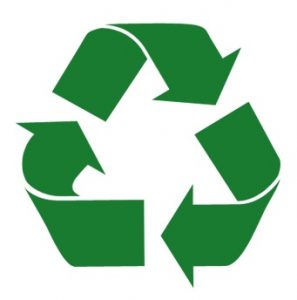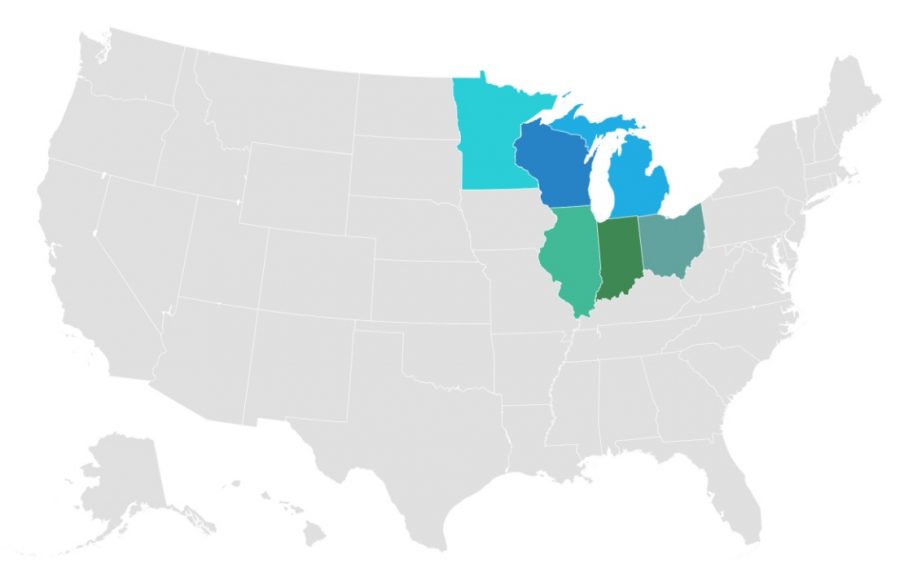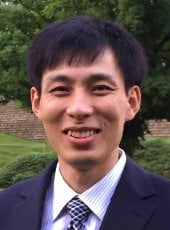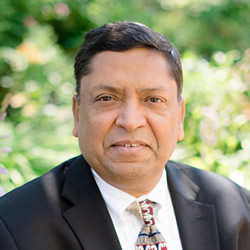
Poster Session
First place was won by Utkarsh Chaudhari from the Department of Chemical Engineering for his presentation titled “Systems Analysis Approach to PET and Olefin Plastics Supply Chains in the Circular Economy.”
View the Poster Presentations, Group 2, and the PDF.
This year’s Graduate Research Colloquium organized by the Graduate Student Government was hosted virtually due to COVID restrictions. There were in total 48 presentations — 17 poster presenters and 31 oral presenters.
Poster presentations took place in a pre-recorded video style and the oral sessions were hosted live via Zoom. You can watch all the poster videos and recordings for the oral sessions here. Each presentation was scored by two judges from the same field of research.
Participants were able to gain valuable feedback from these judges before presenting their research at an actual conference. It was stiff competition amongst all presenters.
A hearty congratulations to all the winners at this year’s Colloquium. The Graduate Student Government would like to thank everyone: presenters, judges, volunteers, and GSG supporters, for making this a great event despite COVID-19 restrictions. GSG would also like to hear ways in which this event could be improved next year using this feedback form.
By Graduate Student Government.







